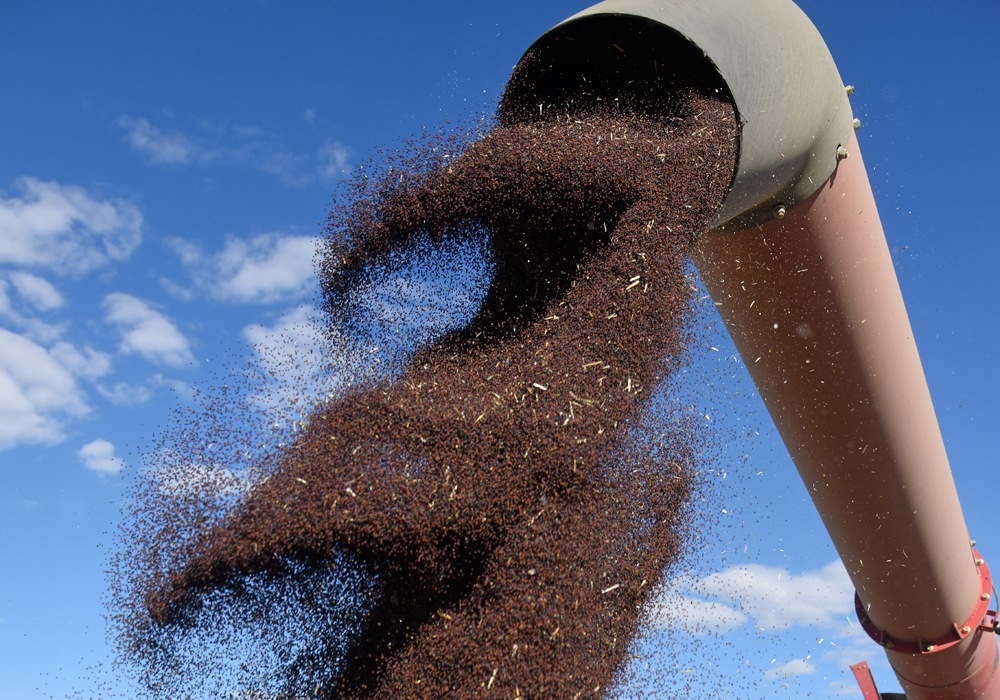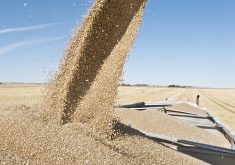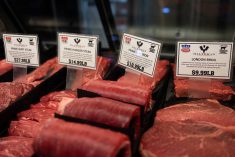WINNIPEG, (MarketsFarm) – Expect the canola market, along with other grains and oilseeds, to remain volatile for the time being, said David Derwin of PI Financial in Winnipeg, Man.
“A lot of the markets right now are extremely erratic because of the coronavirus. I think it’s being blown out of proportion, but it is what it is,” Derwin commented.
The half-point cut made by the Bank of Canada on March 4 to its key interest rate won’t have a direct effect on canola, he said.
“Maybe it will trickle into the Canadian dollar being a little bit weaker,” Derwin said, adding the loonie would have to remain under 75 U.S. cents to support canola.
Read Also

India slaps 30 per cent import duty on yellow peas
India has imposed a 30 per cent duty on yellow pea imports with a bill of lading date on or after Nov. 1, 2025.
“Canola has got its own world of issues to deal with,” he stressed.
The rail blockades by pipeline protestors will have an effect on canola prices as well, Derwin said. Specifically, the delayed shipments of canola will further weaken basis levels that have been dropping since the beginning of 2020.
Canadian National Railway (CN) stated on March 3 that the blockades held up approximately 1 million tonnes of grains and oilseeds, which was the equivalent of 10,000 rail carloads. As CN is calling back the 450 employees it laid off during the blockades, estimates are it will take the railway several weeks to undo its backlog.
As the coronavirus and the blockades were dominating headlines, little attention is being paid towards spring planting. However, Derwin stated that’s not necessarily too much of a bad thing.
“There’s a certain rotation [farmers] must have in place,” he said, noting Western Canadian farmers have a limited selection of crops they can grow.
















